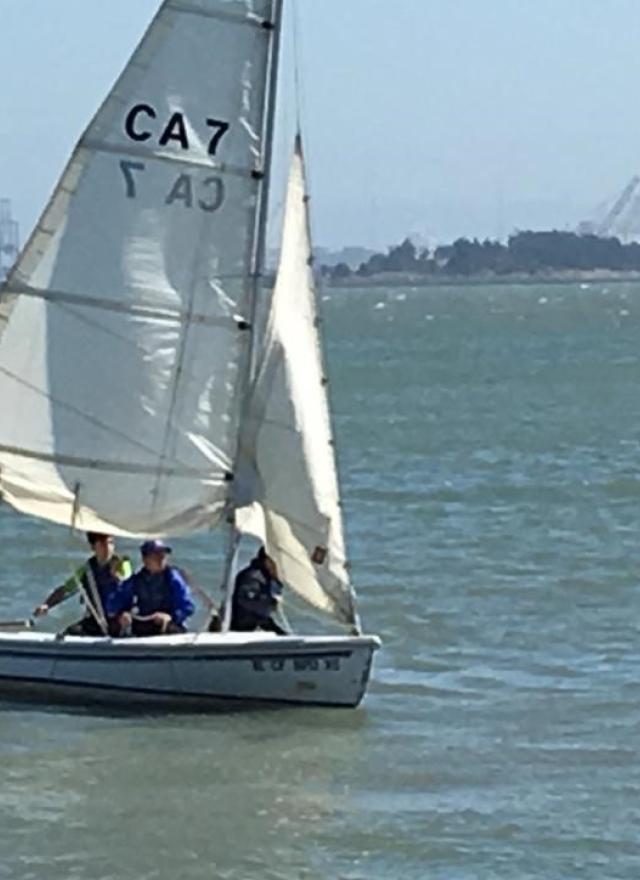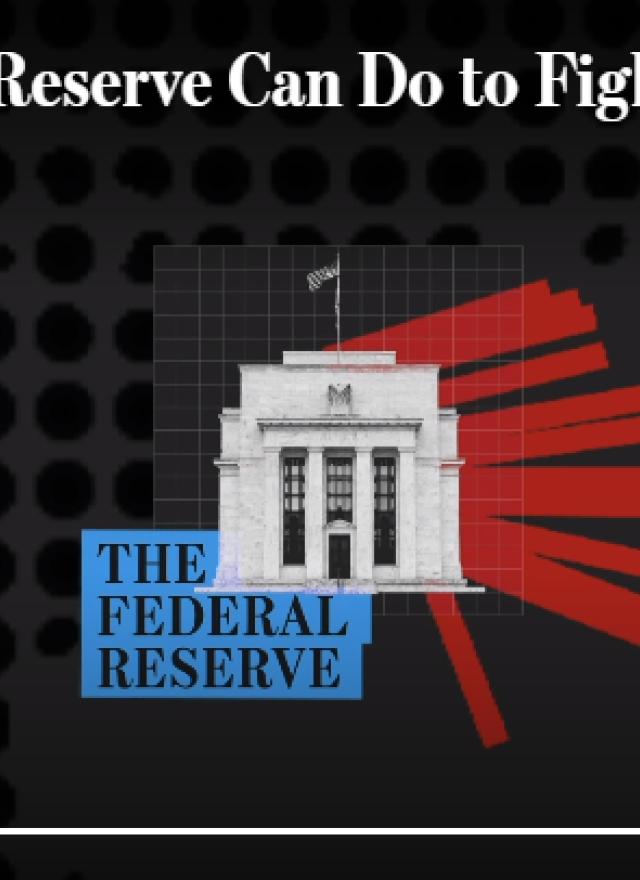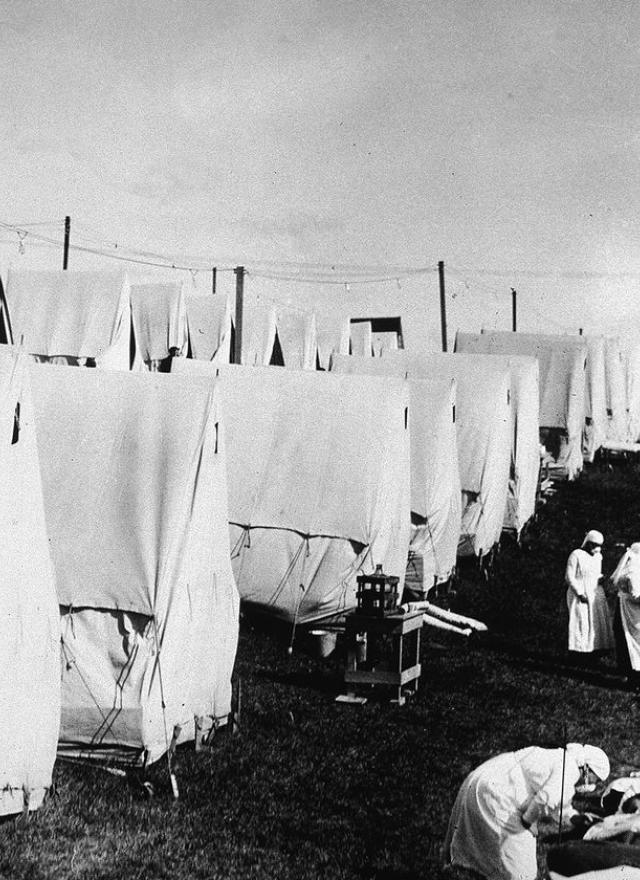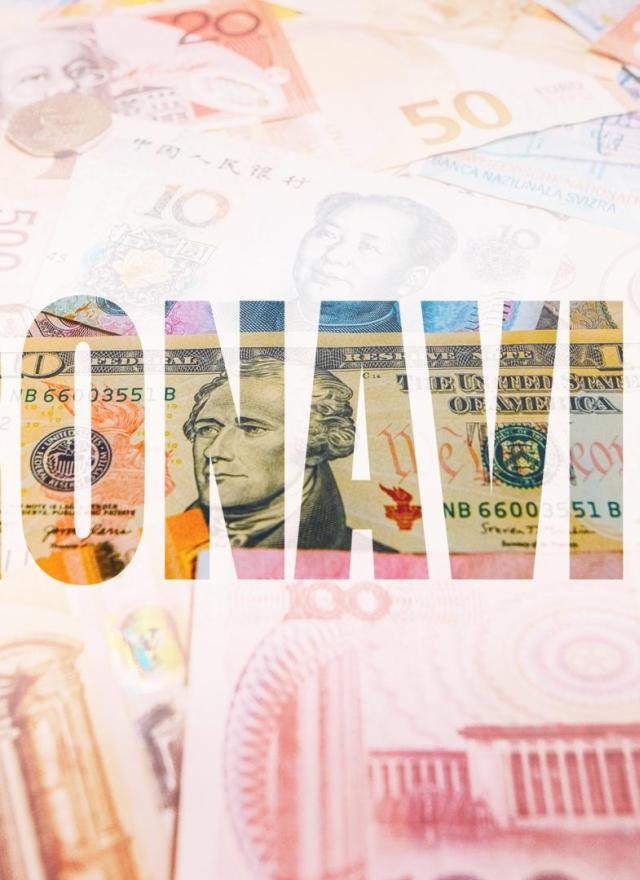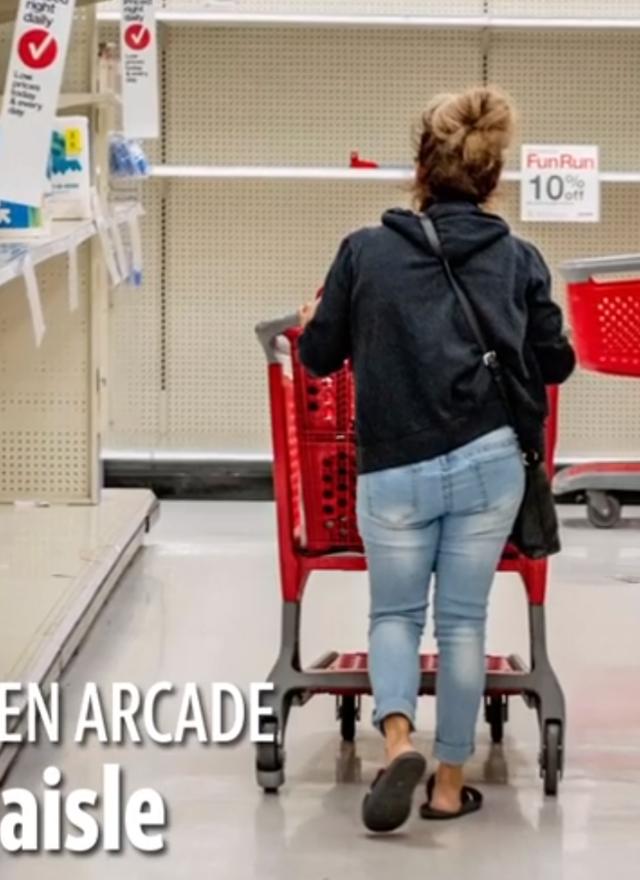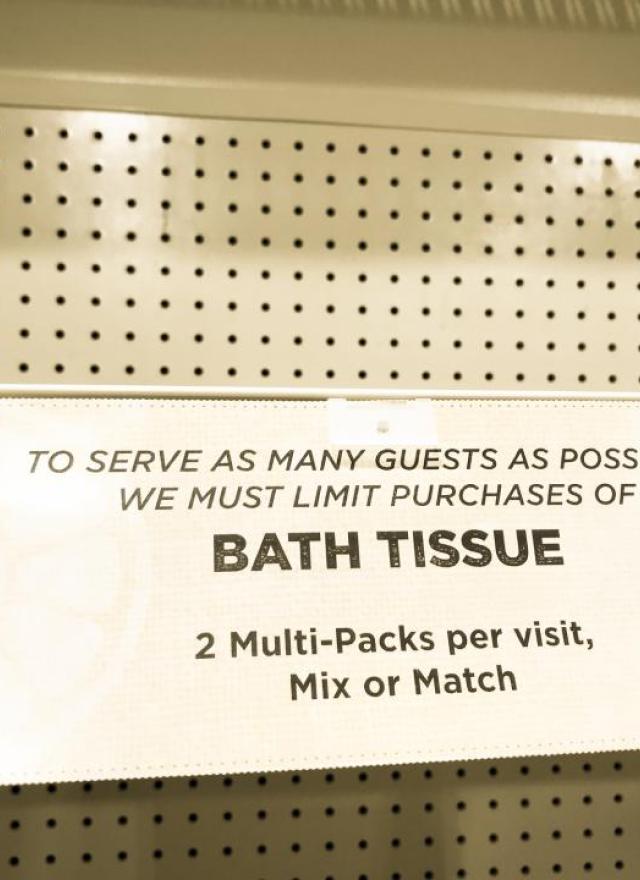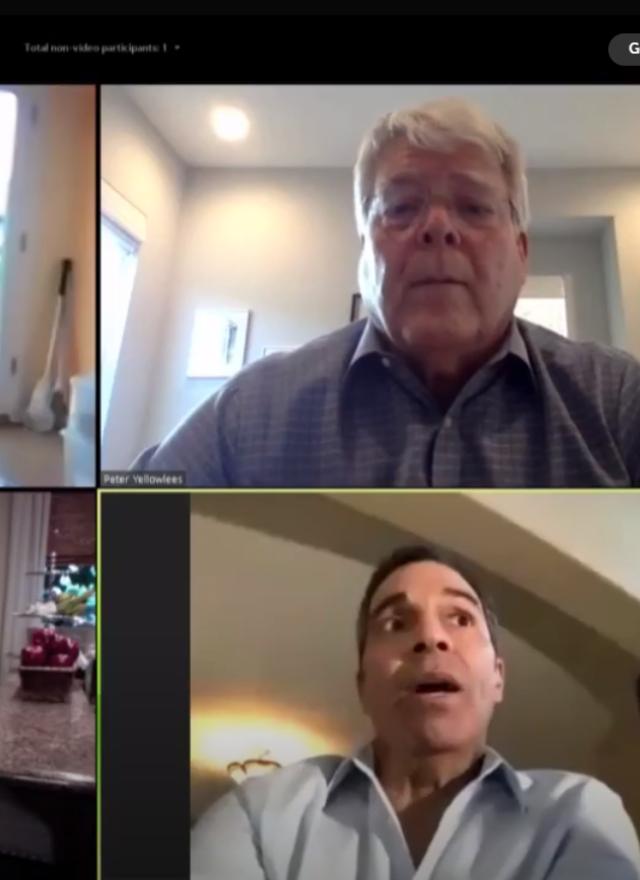Ph.D., Industrial Engineering, Stanford University
Research Expertise
Perceptions of individuals and organizations, including perceptions of legitimacy, creativity, and trustworthiness.
Kimberly D. Elsbach is a professor emerita of management and previously held the Stephen G. Newberry Chair in Leadership (2005-2021) at the Graduate School of Management, University of California, Davis. She is also an International Research Fellow at the Center for Corporate Reputation, Oxford University, Editor-in-Chief for Academy of Management Annals, and co-founder and organizer of the Davis Conference

